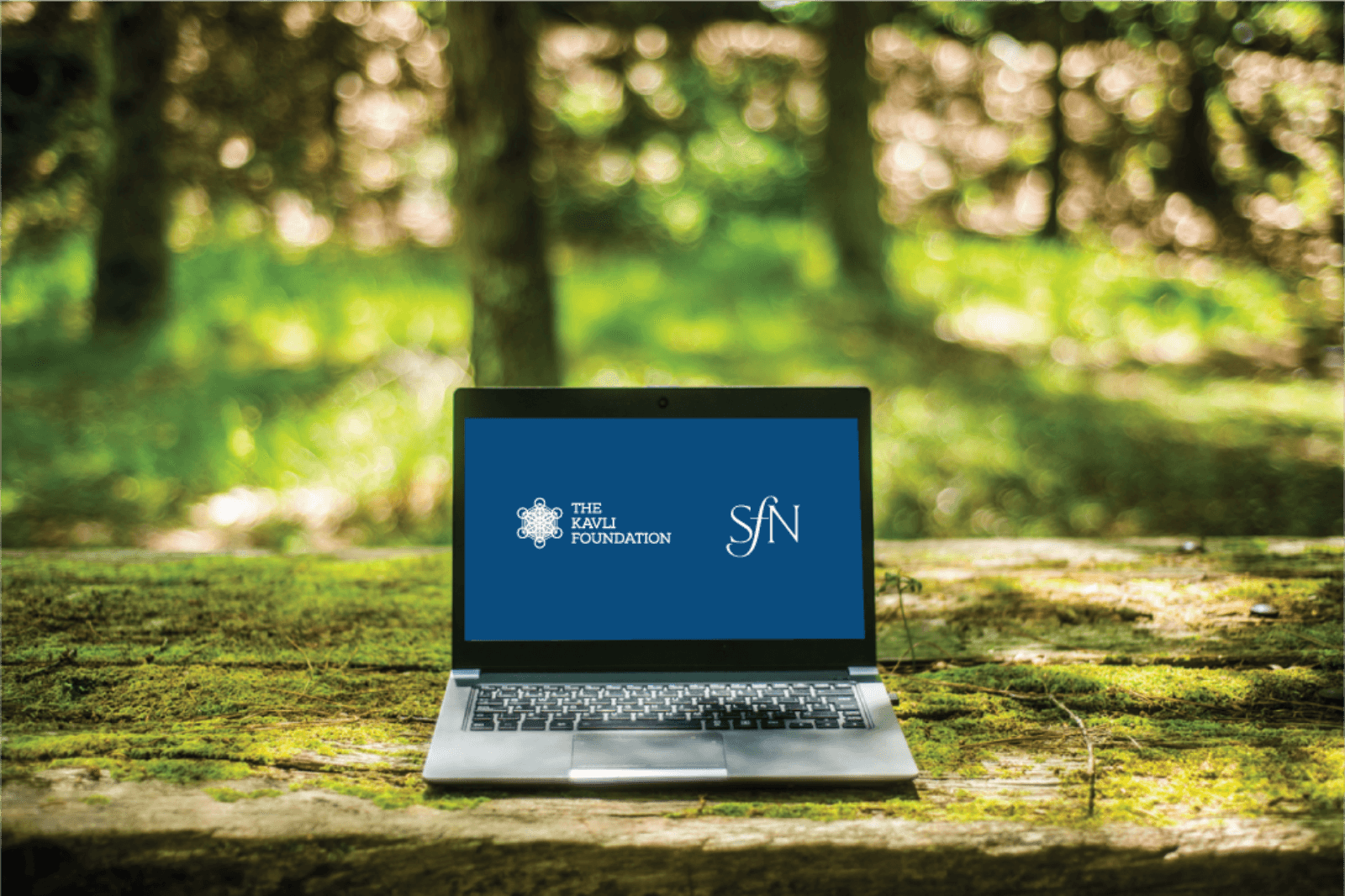Neural Adaptation in Changing Ecosystems
The Kavli Foundation and Society for Neuroscience partner on Neurobiology and Changing Ecosystems training series

The Society for Neuroscience (SfN) and The Kavli Foundation announce the launch of a new, four-part webinar series, “Neural Adaptation in Changing Ecosystems,” aimed at increasing awareness about emerging knowledge based on research into impacts of environmental flux on the brain. This scientific training program will be hosted on Neuronline starting with the inaugural webinar, “Introduction to Neurobiology and Changing Ecosystems,” on January 29, 2025, followed by three additional webinars over the course of the year.
“We are thrilled to collaborate with SfN to share new insights around neural adaptation and resilience,” said Angie Michaiel, Ph.D., associate program officer at The Kavli Foundation. “This webinar series will provide a unique platform to explore emerging research topics, while encouraging neuroscientists to consider how their areas of study may be shaped by accelerated environmental changes.”
The series will present ideas that explore different modes of nervous system adaptation in the Anthropocene – the age in which human activity has been the dominant influence on climate and the environment. Example studies illustrating how the nervous system responds to rapid environmental change, across timescales and levels of nervous system organization, will be explored. Segments focused on neuromodulatory, genetic, behavioral, and evolutionary adaptations will round out a set of scientific vignettes that demonstrate a new way of thinking about brain resilience.
“With support from The Kavli Foundation, we are excited to launch this new series in our year-round training portfolio to engage our member neuroscientists in greater awareness of this important interdisciplinary topic,” said SfN President John Morrison, Ph.D.
The webinar series complements a suite of programs within The Kavli Foundation’s Neurobiology and Changing Ecosystems initiative, addressing open questions regarding how neural systems are impacted by accelerated changes in the environment. The Kavli Foundation launched this initiative in 2022, bringing leaders from different disciplines in neuroscience and other fields together to identify emerging questions about how neural systems adapt to changing environments.
“Inspired by observations made by Brandeis University Professor and Kavli Prize laureate, Dr. Eve Marder, we realized that there are many critical unanswered questions related to unintended consequences of perturbing the environment – and what the impact is of these changes to brain function,” said Amy Bernard, Ph.D., director of life sciences at The Kavli Foundation. Ongoing efforts continue to spur interest from other funders, including government and philanthropies, to advance this emerging and increasingly vital field.